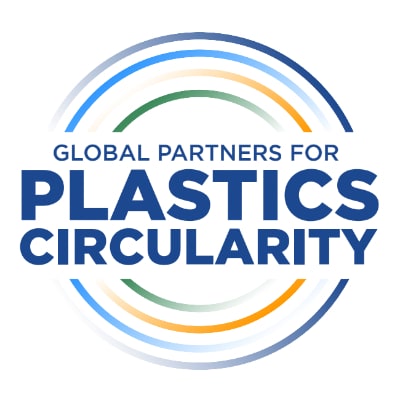
Strategies Towards Reaching Zero Plastic Pollution



An estimated 11 million metric tons of plastic enters the ocean every year, making up over 85% of total marine waste.
Plastic pollution is an accelerating global problem. An estimated 11 million metric tons of plastic enters the ocean every year, making up over 85% of total marine waste. This devastates ecosystems and impacts livelihoods. The global community needs to tackle this issue, and is taking steps to do so through the development of an international treaty on plastic pollution.
Despite these serious issues, the material qualities of plastic make it incredibly useful. In many use cases within hygiene and healthcare for example, we currently have no suitable alternative. Further, the material has a role to play in global progress toward net zero. It keeps food fresh, it makes cars lighter and has uses in insulation and solar equipment. However, current levels of plastic waste are untenable.
Plastic manufacturers, retailers, governments, environmental groups and scientists alike have set out a vision to eliminate plastic waste. This will entail an overhaul of legal, social and regulatory frameworks as well as significant scaling of new technologies and materials. The next stage of the negotiations for the Intergovernmental Negotiating Committee to develop an international legally binding instrument on plastic pollution will take place in Paris in late May (INC-2).
This Financial Times online briefing, organised in partnership with the Global Partners for Plastics Circularity, a collaboration of the International Council of Chemical Associations, explored how plastic pollution has become so prevalent, what is needed to overcome this issue and the role that an international agreement could play.
We’re Here To Help
© Financial Times Live
FT Live and its journalism are subject to a self-regulation regime under the FT Editorial Code of Practice